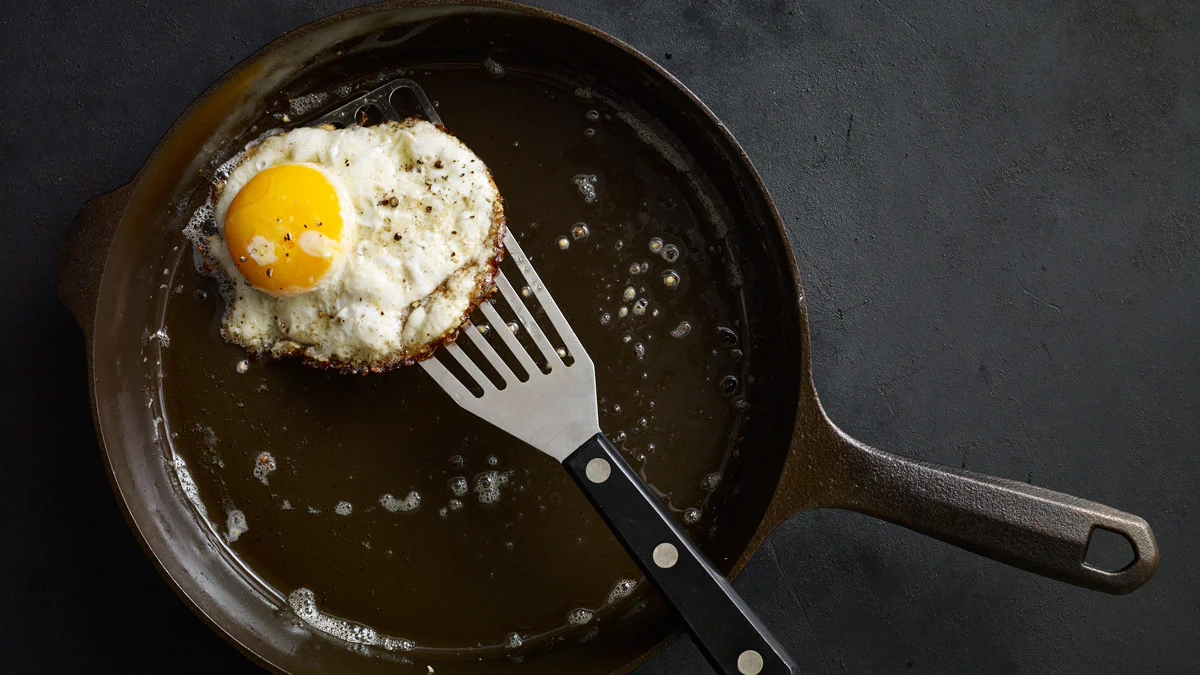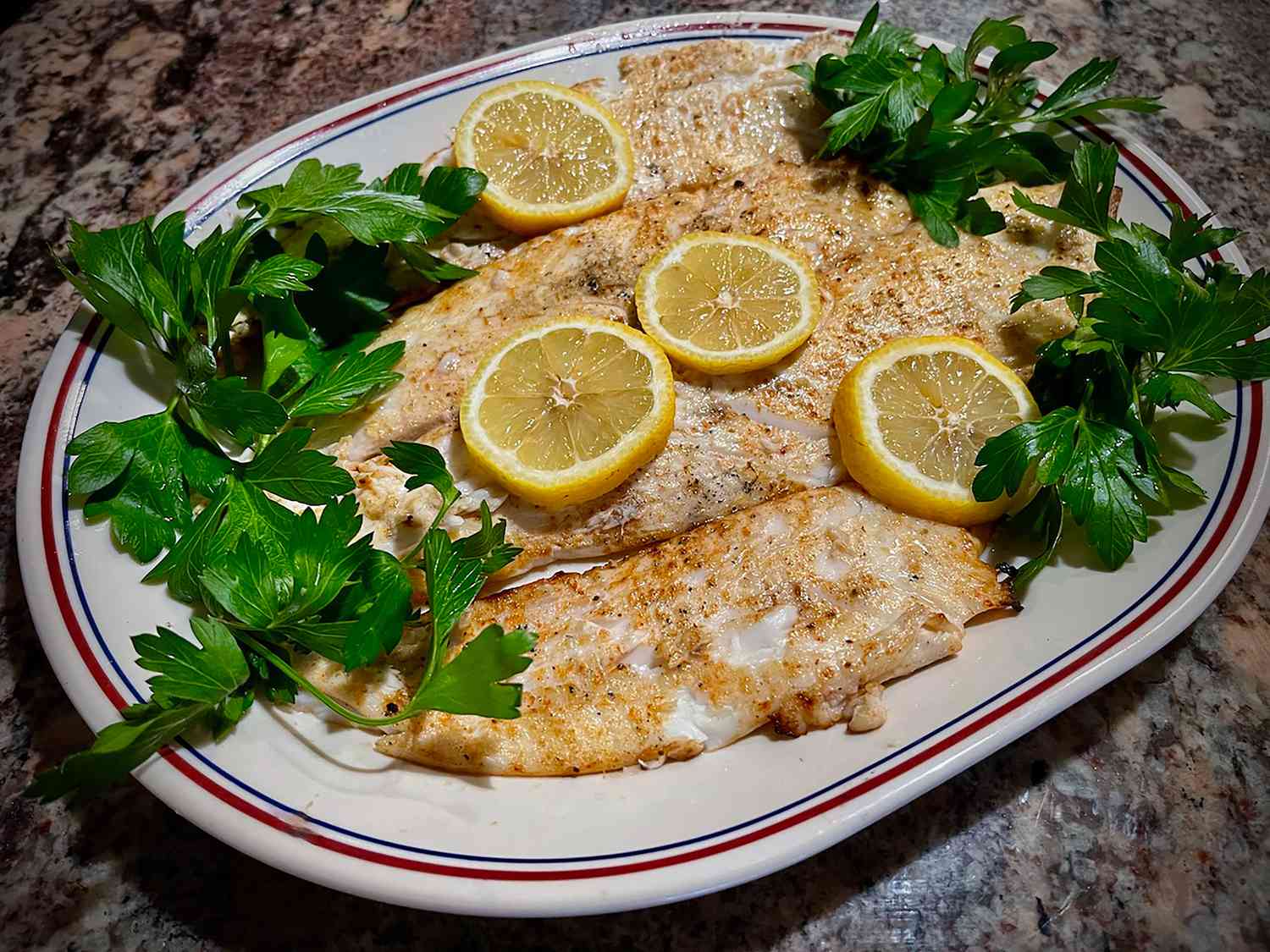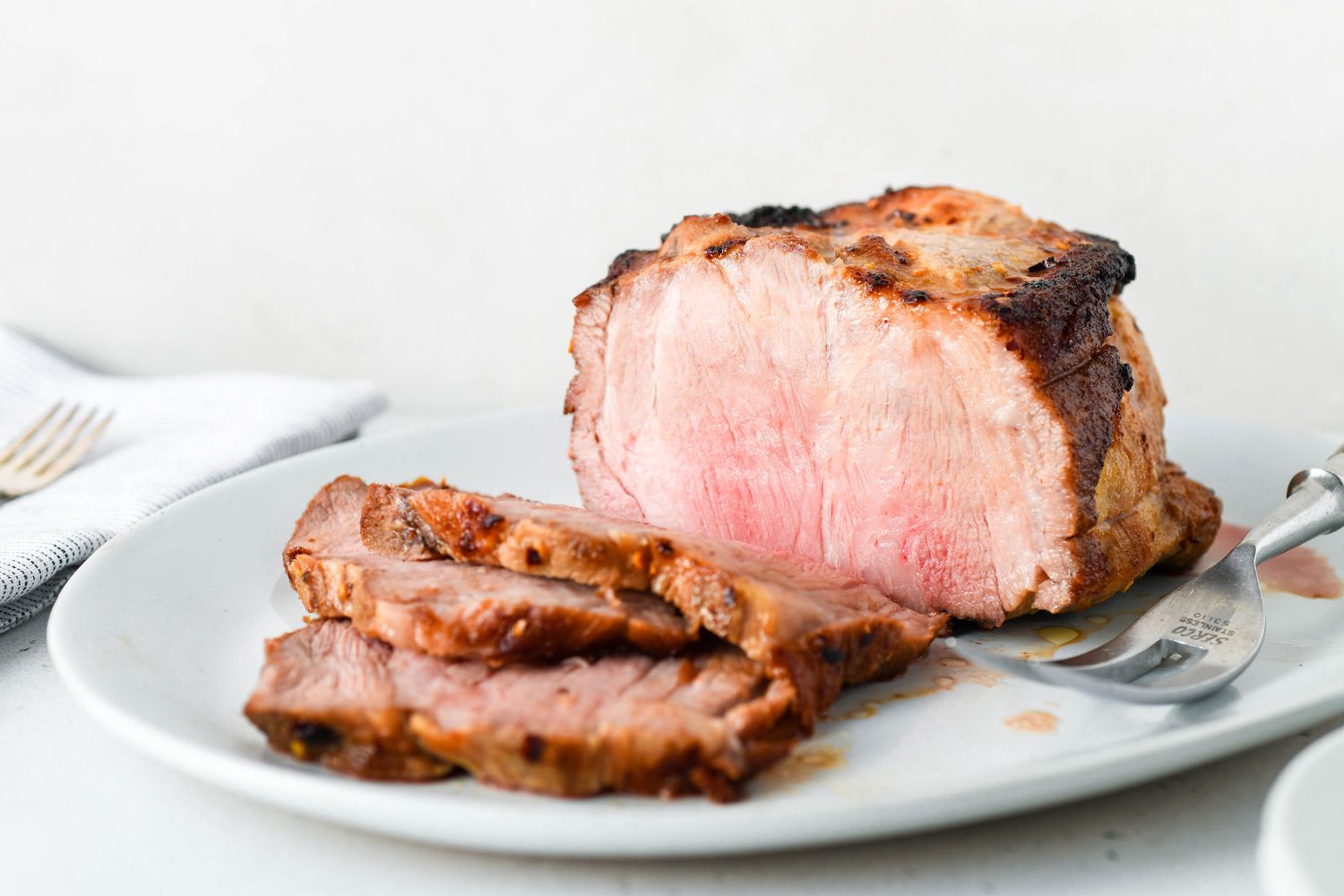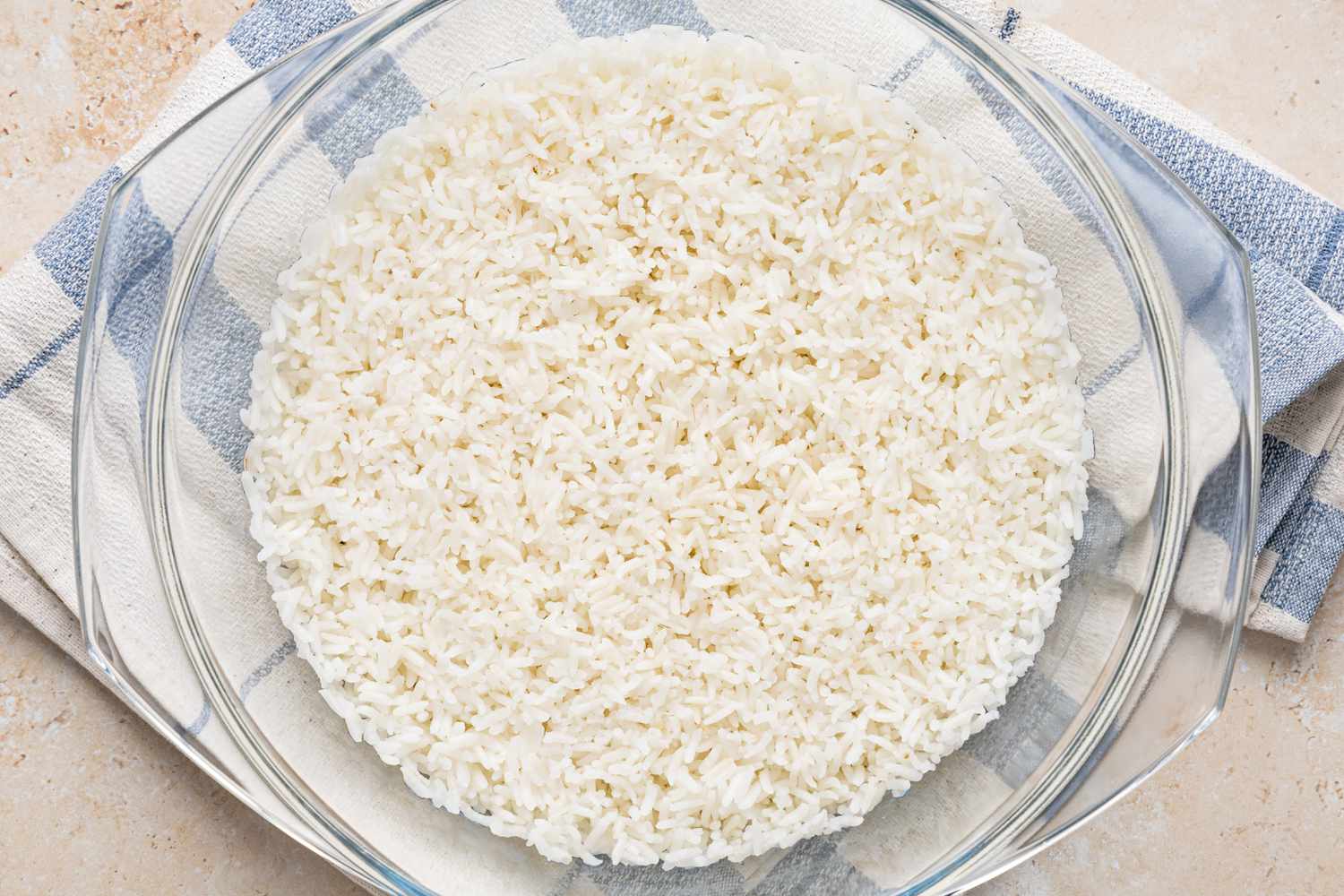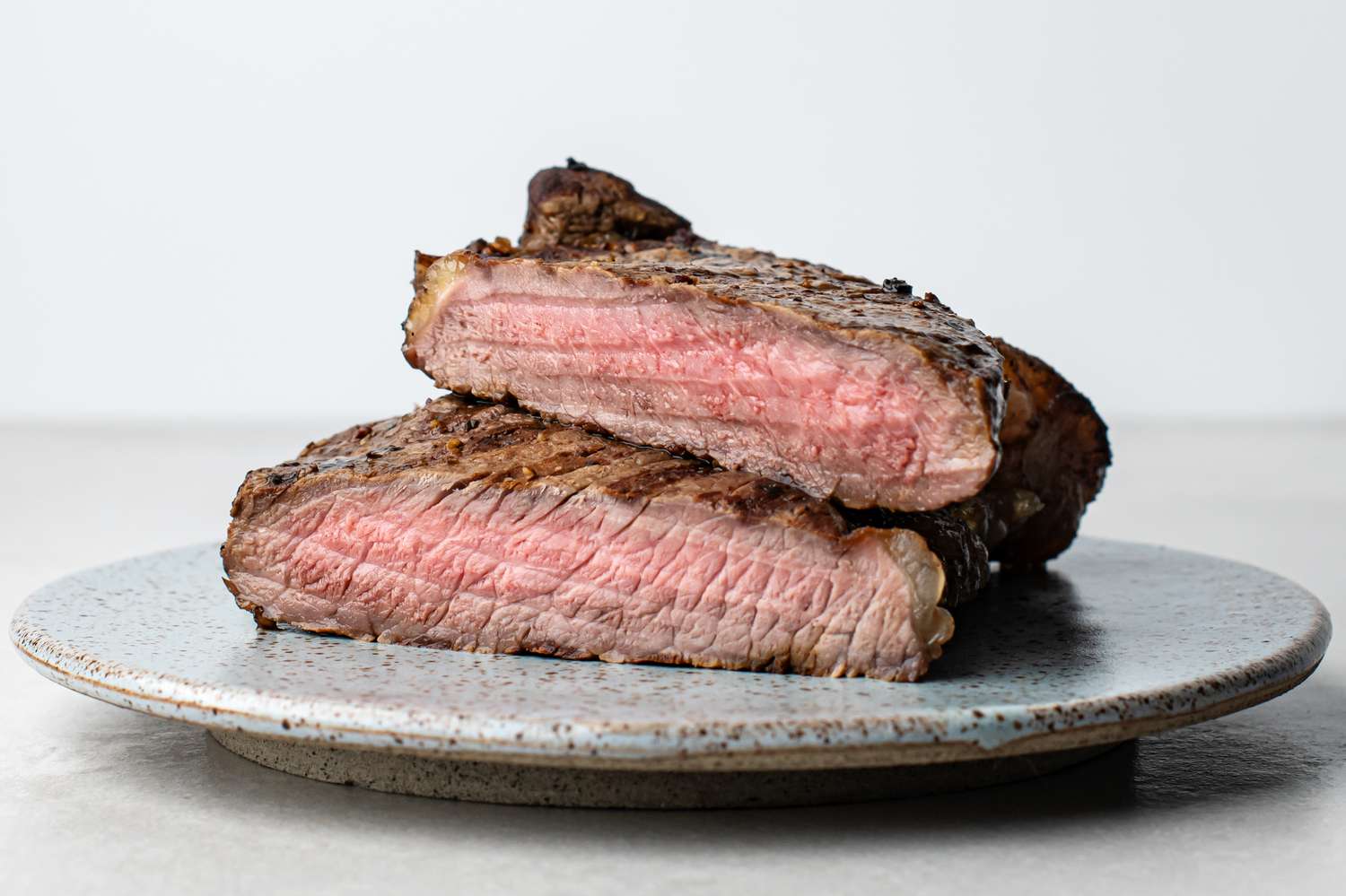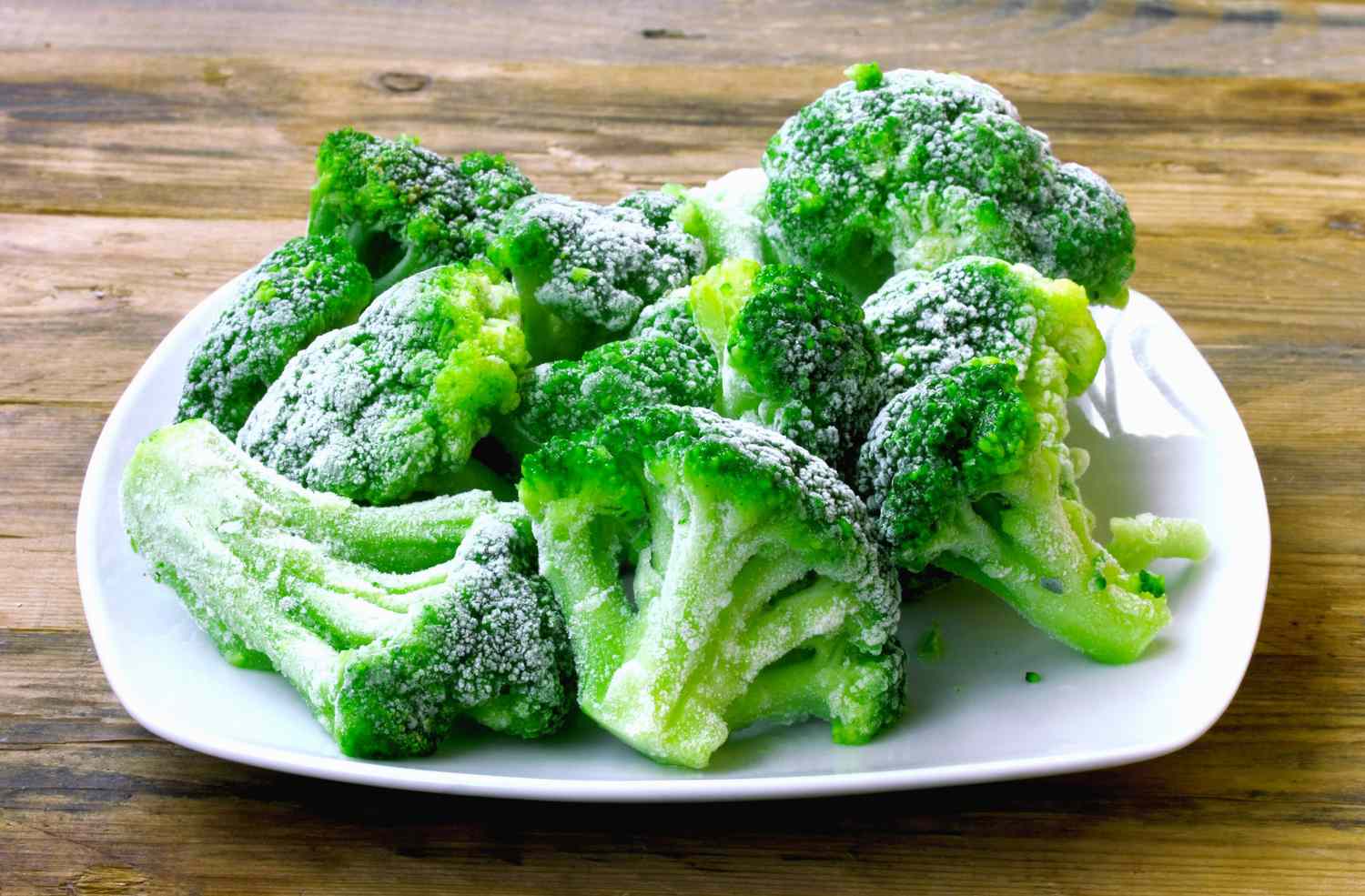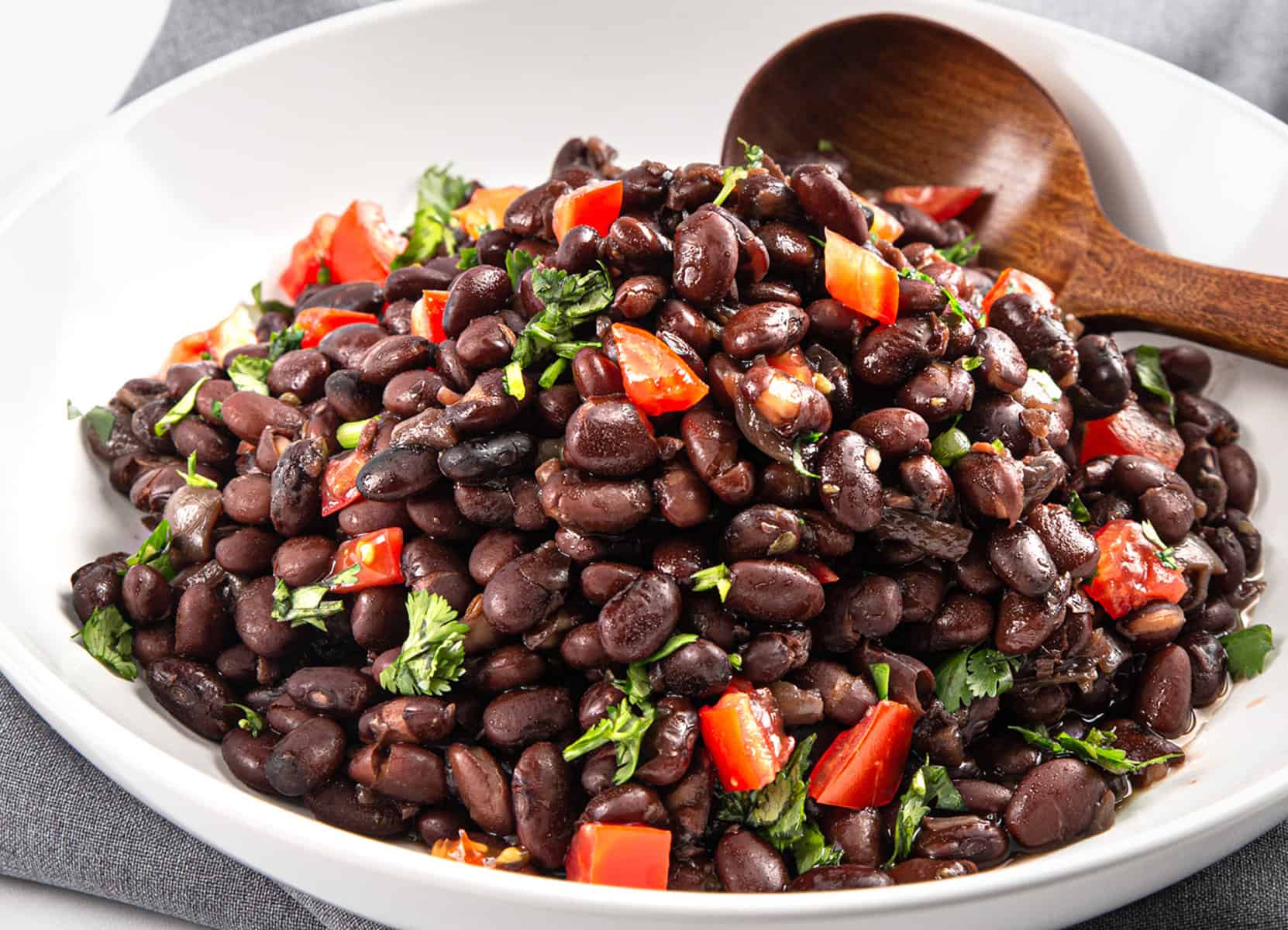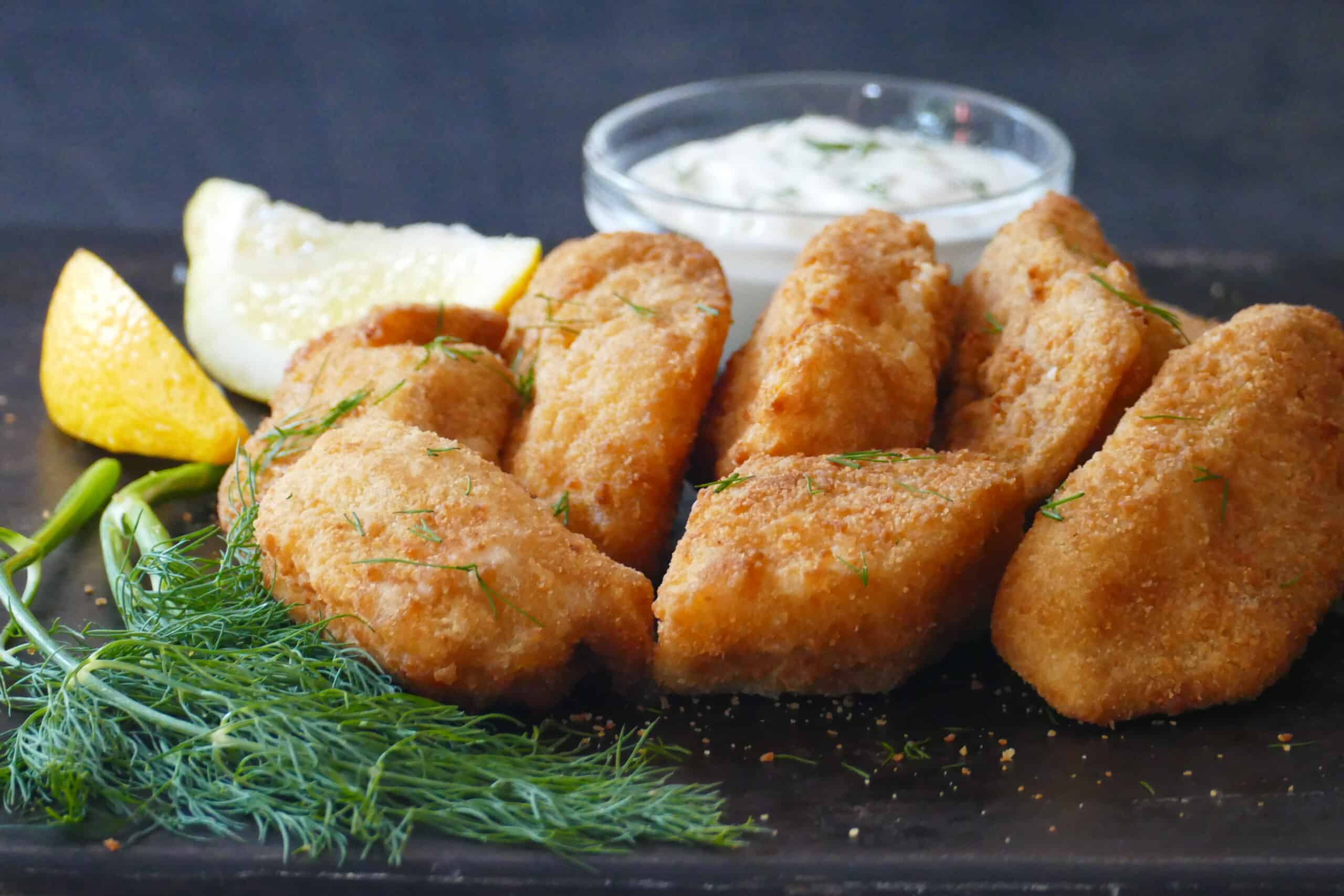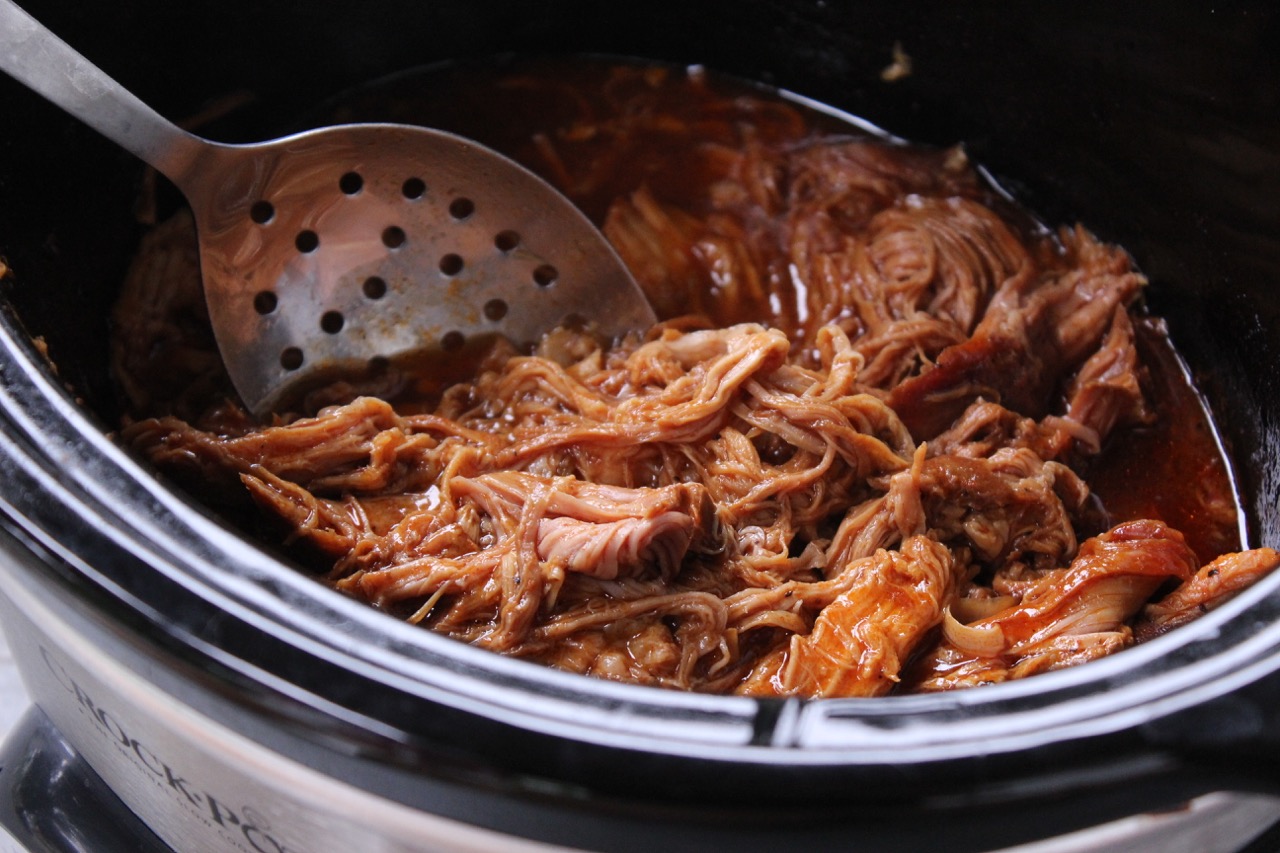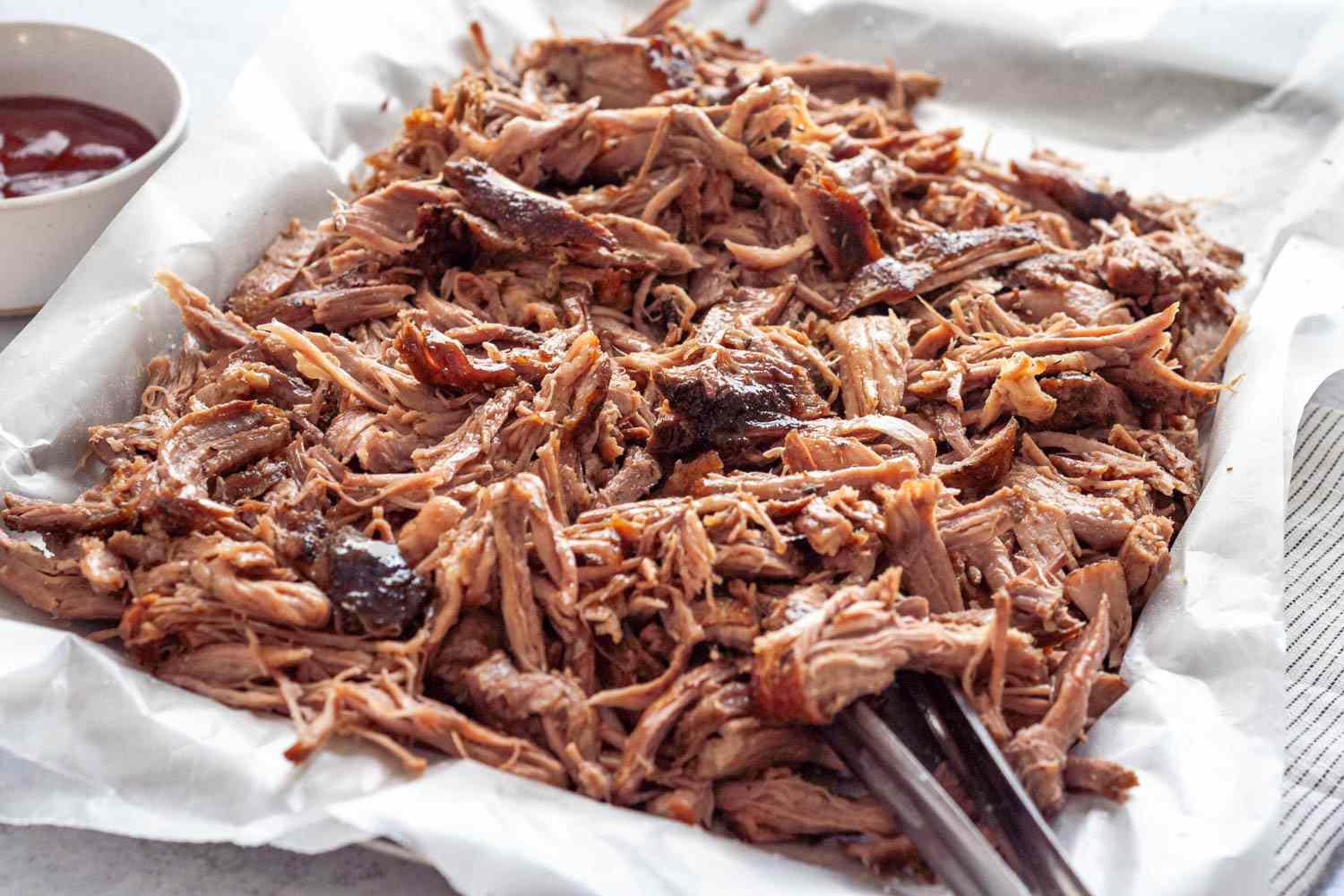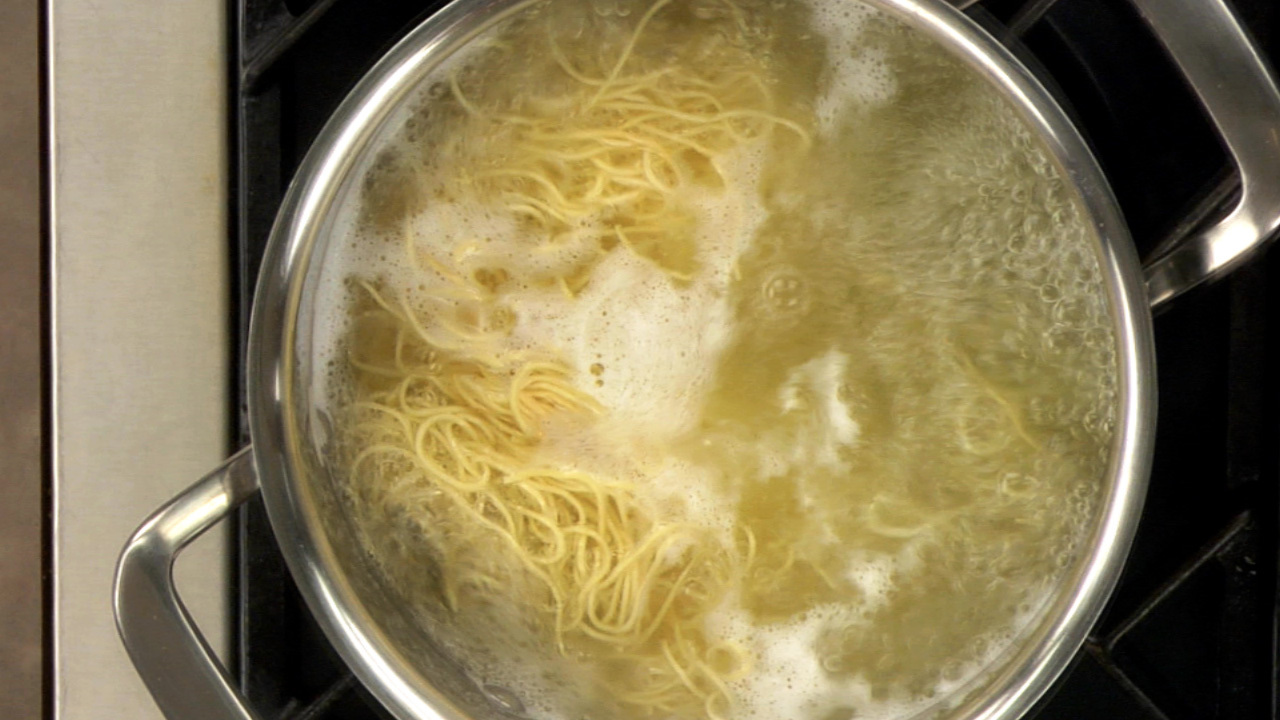Cooking Delicious and Healthy Veggies Without Oil
As more and more people embrace a plant-based diet, learning to prepare veggies without oil has become increasingly important. Not only does this cooking method reduce unnecessary calories and fat, but it also allows the natural flavors of the vegetables to shine through. Whether you’re following a specific diet or simply looking for a healthier way to enjoy your veggies, we’ve got you covered with these creative and tasty cooking techniques.
1. Roasting Without Oil
Roasting vegetables is a fantastic way to bring out their natural sweetness and crispness, and you can achieve the same delicious results without using oil. Instead, toss your favorite veggies in a mixture of vegetable broth, herbs, and spices. Spread them evenly on a parchment-lined baking sheet and roast them in a preheated oven until they are tender and slightly caramelized. The broth will keep the veggies moist and prevent them from sticking to the pan, resulting in a delightful roasted flavor.
2. Sautéing with Vegetable Broth
For a flavorful and oil-free sauté, swap out oil with vegetable broth. Heat a non-stick pan and add a splash of vegetable broth. Then, throw in your choice of veggies and stir fry them until they are cooked to your preferred tenderness. You’ll be amazed at how the broth infuses into the vegetables, adding depth and moisture while keeping them deliciously light and healthy.
3. Steaming for Ultimate Freshness
When it comes to preserving the maximum nutrients and vibrant colors of your veggies, steaming is an unbeatable method. Invest in a steamer basket or use a steamer pot with a little bit of water at the bottom. Arrange your veggies in the basket or pot, cover, and let them steam until they are tender and crisp. This gentle cooking technique enhances the natural flavors of the vegetables without the need for any added fats.
4. Grilling for Smoky Goodness
Who can resist the irresistible smoky flavors that come from the grill? With a few modifications, you can enjoy grilled veggies without slathering them in oil. Before grilling, marinate your vegetables in a tangy vinegar-based dressing or with a combination of your favorite spices and herbs. As they cook, the marinade will create a delicious caramelization on the vegetables, giving them that classic grilled taste.
5. Stir-Frying in a Non-Stick Pan
Stir-frying is a popular cooking technique that provides a quick and healthy way to cook veggies without oil. In a non-stick pan, heat it up and add your chopped vegetables along with a splash of vegetable broth or water. Keep the ingredients moving with a spatula to prevent sticking and cook until the veggies are tender-crisp. For extra flavor, you can season with soy sauce, garlic, or other spices of your choice.
Conclusion
Cooking veggies without oil doesn’t mean sacrificing taste or texture. By following these creative methods, you can unlock the true potential of your vegetables, creating delicious and healthy dishes that will satisfy even the most discerning palate. So, get creative in the kitchen, experiment with different flavors, and enjoy the wonderful benefits of oil-free cooking!
1. Use vegetable broth or water as a substitute for oil when sautéing or stir-frying vegetables. This will add moisture and prevent sticking.
2. Roast or bake vegetables in the oven on parchment paper or a silicone mat, without adding any oil. This method helps to bring out their natural flavors.
3. Steam vegetables using a steamer basket or by simply placing them in a covered pot with a small amount of water. This gentle cooking method preserves nutrients and keeps the veggies moist.
4. Grilling or broiling veggies without oil is another healthy option. Just be sure to brush the grill or pan with a little vegetable broth or water to prevent sticking.
5. Use naturally occurring fats in plant-based foods, such as avocados, nuts, and seeds, to enhance the flavors of vegetables without the need for additional oil.
1. Start with a hot pan. Heat the pan on medium-high heat before adding the vegetables. This will help to create a natural non-stick surface.
2. Use a small amount of vegetable broth or water to sauté the vegetables. Add just enough liquid to prevent sticking and allow the vegetables to cook evenly.
3. Stir the vegetables frequently. This will help to distribute the heat evenly and prevent them from sticking to the pan.
4. Avoid overcrowding the pan. If you add too many vegetables at once, they may release moisture and end up steaming instead of sautéing. Cook them in batches if needed.
1. When roasting or baking vegetables in the oven, spread them out in a single layer on a baking sheet. This will allow them to crisp up evenly.
2. Increase the oven temperature slightly to promote browning and crispiness.
3. Opt for vegetables that naturally have a firmer texture, such as Brussels sprouts, cauliflower, or sweet potatoes, as they tend to crisp up nicely when cooked without oil.
4. Consider using alternative cooking methods, like grilling or broiling, which can help achieve a crispy exterior on vegetables without the need for oil.
1. Root vegetables like potatoes, sweet potatoes, and carrots have enough natural starch that allows them to crisp up nicely when roasted or baked without oil.
2. Cruciferous vegetables such as cauliflower, broccoli, and Brussels sprouts also work well when cooked without oil, as they retain their texture and develop a delicious char when roasted or grilled.
3. Green leafy vegetables like spinach, kale, and collard greens can be sautéed without oil using a small amount of vegetable broth or water.
4. Bell peppers, zucchini, and eggplant can be grilled or roasted without oil, as they provide their own moisture.
1. Vegetable broth: Use it to sauté or stir-fry vegetables for added moisture and flavor.
2. Water: It can be used instead of oil when steaming or simmering vegetables.
3. Lemon or lime juice: These citrus juices can bring a zesty flavor to vegetables without the need for oil.
4. Balsamic vinegar: It adds a rich and tangy taste when used as a marinade or drizzled over roasted vegetables.
5. Tamari or soy sauce: These can be used sparingly to add a savory umami flavor to vegetables.
6. Nutritional yeast: It adds a cheesy and nutty taste to vegetables and can also help with browning when baking or roasting.
Remember to experiment and find the flavors that you enjoy the most!
Was this page helpful?
Read Next: How To Cook Boba With Brown Sugar
